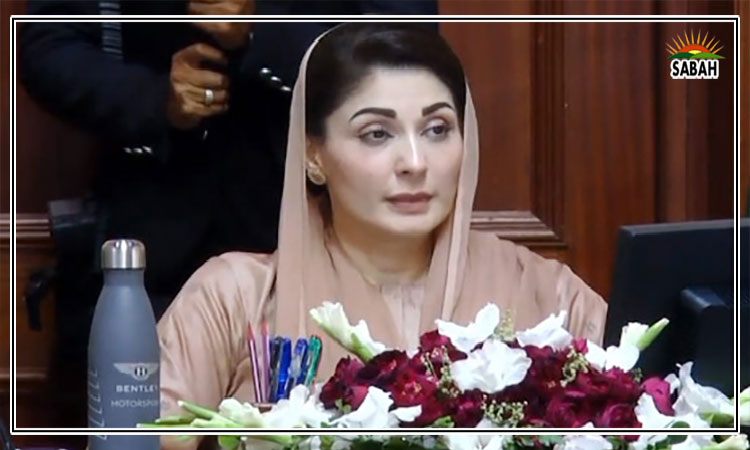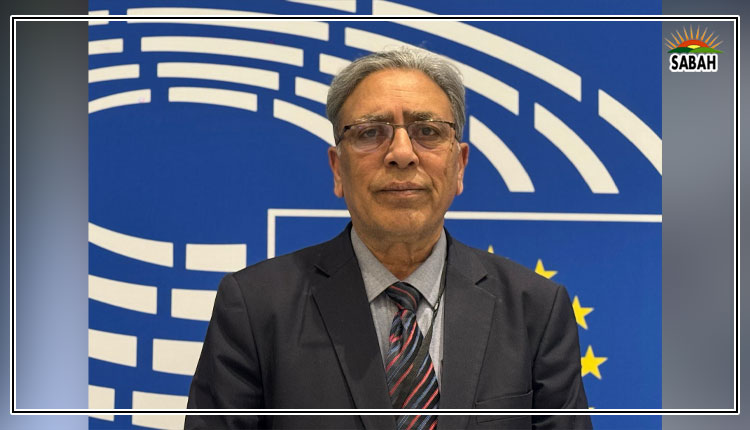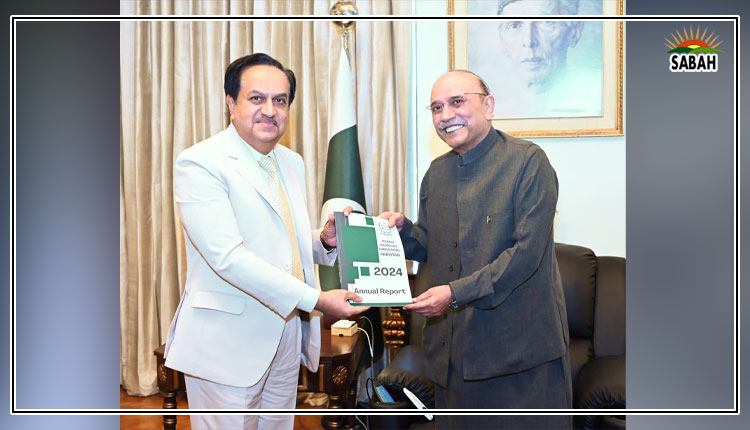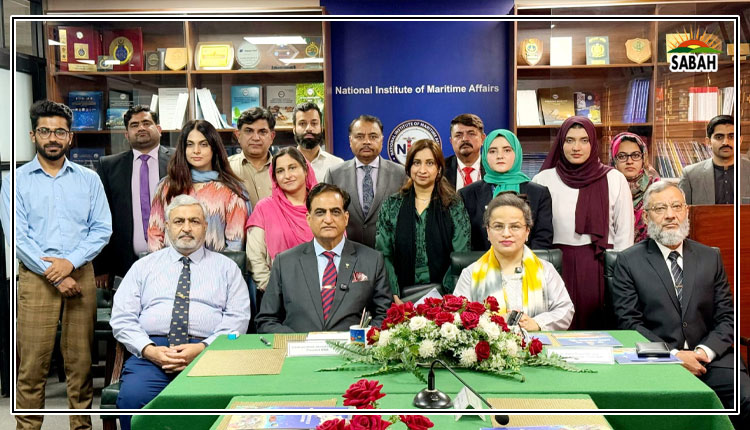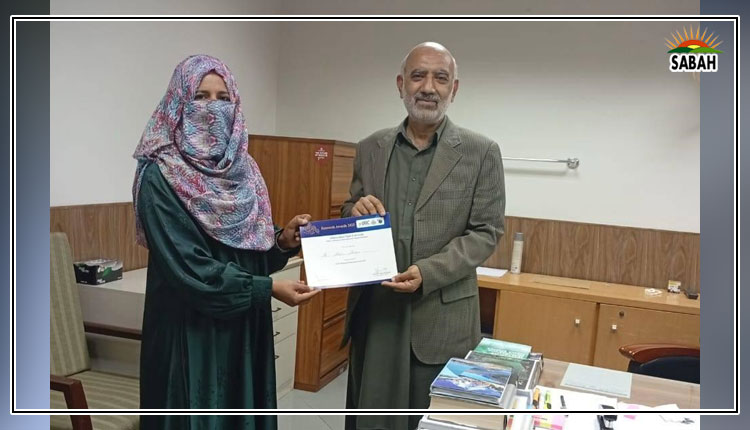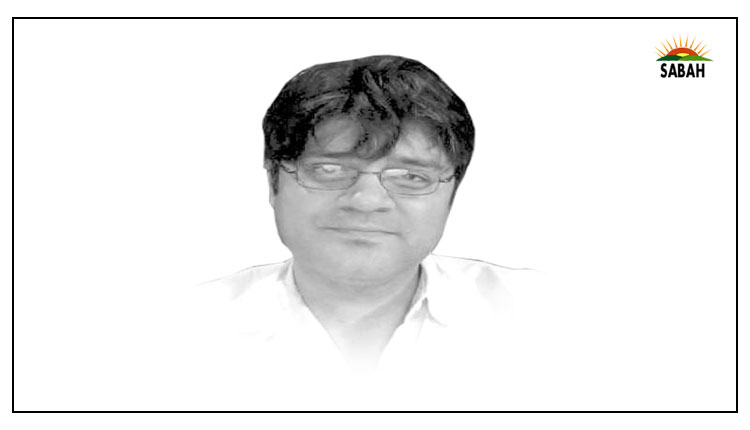Need to ban supercession by elected lawyer representatives…Mohammad A Qayyum
The cancer of supercession by elected officials in courts i.e. replacing a lawyer handling a case with an office holder to affect the case and the judge is one of the major ailments eating away at the publics confidence in the legal system. It has made elected offices financially lucrative and has corroded the moral authority and the quality of candidates that are elected. Most illegal lockdowns of courts trace back to vested interests of office holders and often refusal of judges to cow down before said office holders. It is thus essential that replacing counsels by officeholders is banned.
To date, the Bar Councils, which are the regulatory bodies for lawyers, have continually failed to stamp down on this ever-increasing practice. Whereas office holders by virtue of their office should be more accountable and not less, tragically, these days holding offices seems to translate to less transparency and less accountability and a greater misplaced sense of entitlement for officeholders. It should be the other way round. There should be a stricter code of conduct for Bar representatives, stricter than that of the ordinary lawyer. Officeholders are after all supposed to be setting an example. Banning supercession for them should be an effective first step towards reclaiming lost moral authority of the Bar.
In 2015, I was elected the Secretary of the Lahore High Court Bar. The very next day, a Sunday, I was offered a lucrative amount to replace a previous office holder in a Drugs case. The offeror, who I did not know, had sought me out and did not care that I had never practised criminal law in my life. I declined and have not since superceded. But few others seem to want to follow my choice. It is after all expensive being honest; one has to give up a lot. The public is always ready to offer up temptation believing ohdaydar karna is one of the best ways to get an expedited decision in their favour.
Sadly, supercession has corrupted the election process of Bar Associations and Bar Councils too. People are mostly standing in elections now for money. Few even bother to share agendas or have a plan of what they want to do. With this lust for office has followed huge investments and spending of monies to win elections. This in turn has led to more desperate election campaigns, and if elected, a greater lust for making the money back many times over. This is a vicious cycle that seems to be ever accelerating.
In view of this, I, as Member of the Punjab Bar Council, have recently moved a resolution in the Punjab Bar Council. This article is an attempt to seek broader support. Perhaps the Bench can be pro-active too in this regard. Only a few judges have taken this matter head-on, since there is the obvious peril of taking on elected office holders with an army of supporters to take on said judge. That such actions against judges by office holders are illegal rarely enters into their calculus, and the image of the profession suffers with each successive outrage.
There are several arguments which have been marshalled against such a ban; most are specious. The prime argument centres around Article 10-A of the Constitution (due process) and the notion that a party is entitled to the best possible legal representation. It is submitted that the same is misplaced: Article 10-A and the right to choose a counsel is one-time thing. Surely, devices such as changing counsel to affect the judge hearing the case is to be discouraged and cannot be said to be a part of the right of a party to choose counsel.
Moreover, there should not be much heartburning by office holders over the fact that they are being deprived. They will make enough from filing new cases and not earn the resentment of opposing counsels. I do not support those who call for a complete ban on appearing in courts by bar representatives. Such a blanket ban would only ensure that the most professional and competent lawyers do not contest elections at all.
At a later stage one can even consider limiting office holders for their tenure to their areas of expertise: it is scandalous when an office holder who is a tax practitioner appears in a drugs case and gets relief. He may have done a good job to merit the relief, but the perception is problematic. As we repeat often, justice should not only be done, but should also be seen to have been done impartially.
I do acknowledge that there can be several ways to bypass this ban too. The elected official can ask his junior to appear to the same effect; or manage matters behind the scenes; or appear in the case informally without a wakalatnama, but none of those problems mean supercession should not be banned. In fact, banning this would give grounds to the affected parties and their lawyers to push back. These other issues and modes to bypass can incrementally thereafter be addressed and eliminated.
Also consider the untenable position supercession puts a judge in. Say he has recently declined a stay to a normal lawyer at an ad-interim stage. The party now engages an ohdaydaar for the same case. So how now is the Court to respond: if relief is granted to the new counsel, even if merited, the impression to the public and the opposite party would be that the judge has been won over by the office holder.
In conclusion, supercession by office holders in pending cases needs not only be discouraged, but the time has come to ban the same. Bar Councils, the Courts and the government need to urgently legislate this and an additional code of conduct of office holders of lawyer bodies.
Courtesy The Express Tribune



